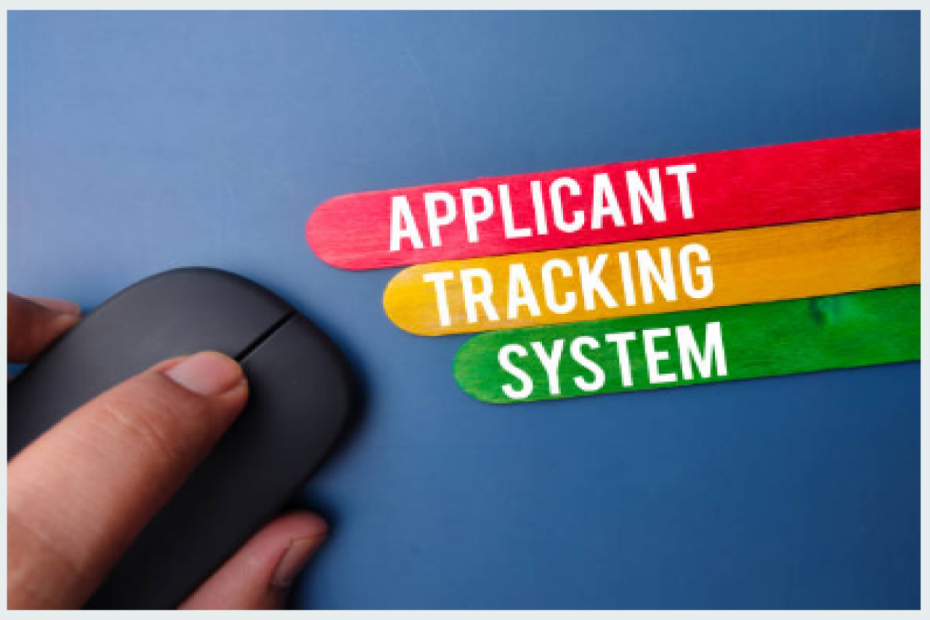Why Having Multiple CVs Can Boost Your Job Search Success
In today’s highly competitive job market, standing out with a strong, tailored CV or résumé is more important than ever. One of the most effective strategies to boost your chances of success is to create multiple CVs, each targeted to the specific role, industry, or career path you’re pursuing.
The One-Size-Fits-All CV is a Myth
There’s no such thing as the perfect CV that works for every job. Employers are looking for candidates who meet specific job requirements and can demonstrate how their skills and experience align with the role.
Using a generic CV for every application risks:
- You can dilute your achievements which can reduce the impact of your contributions
- Your CV can become overloaded with non value-adding information
- You might leave out key strengths employers want to see
Read More »Why Having Multiple CVs Can Boost Your Job Search Success







